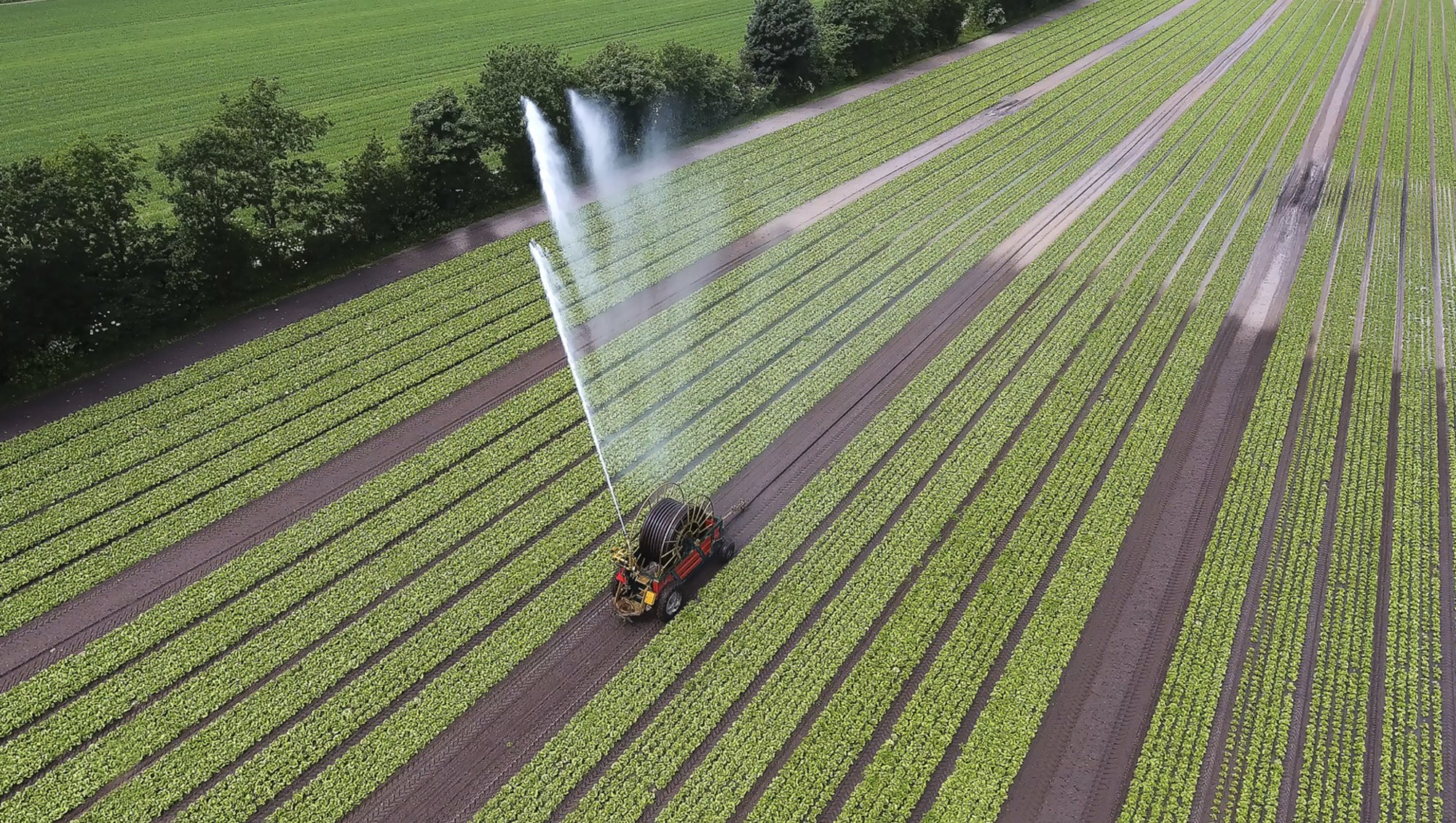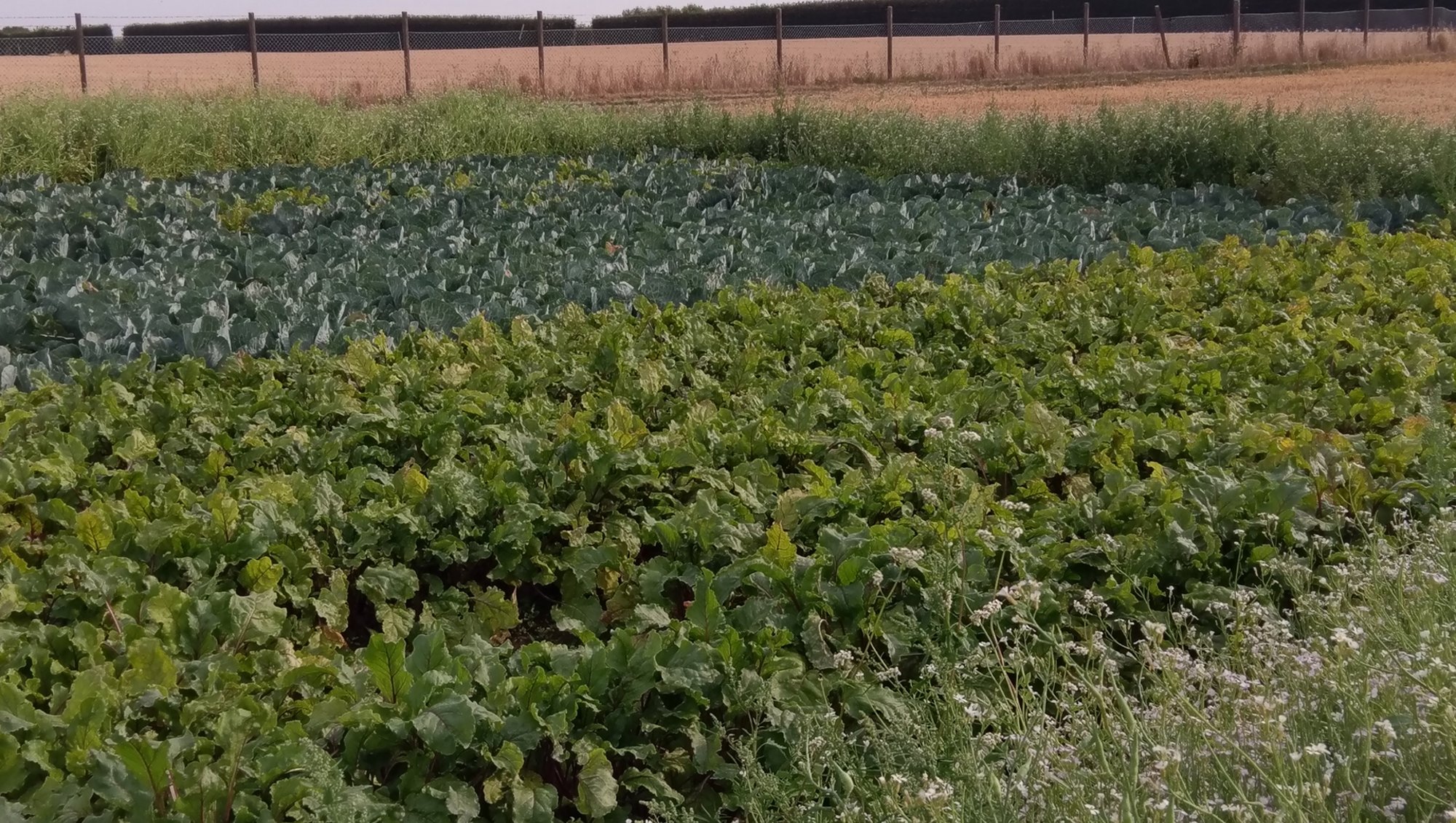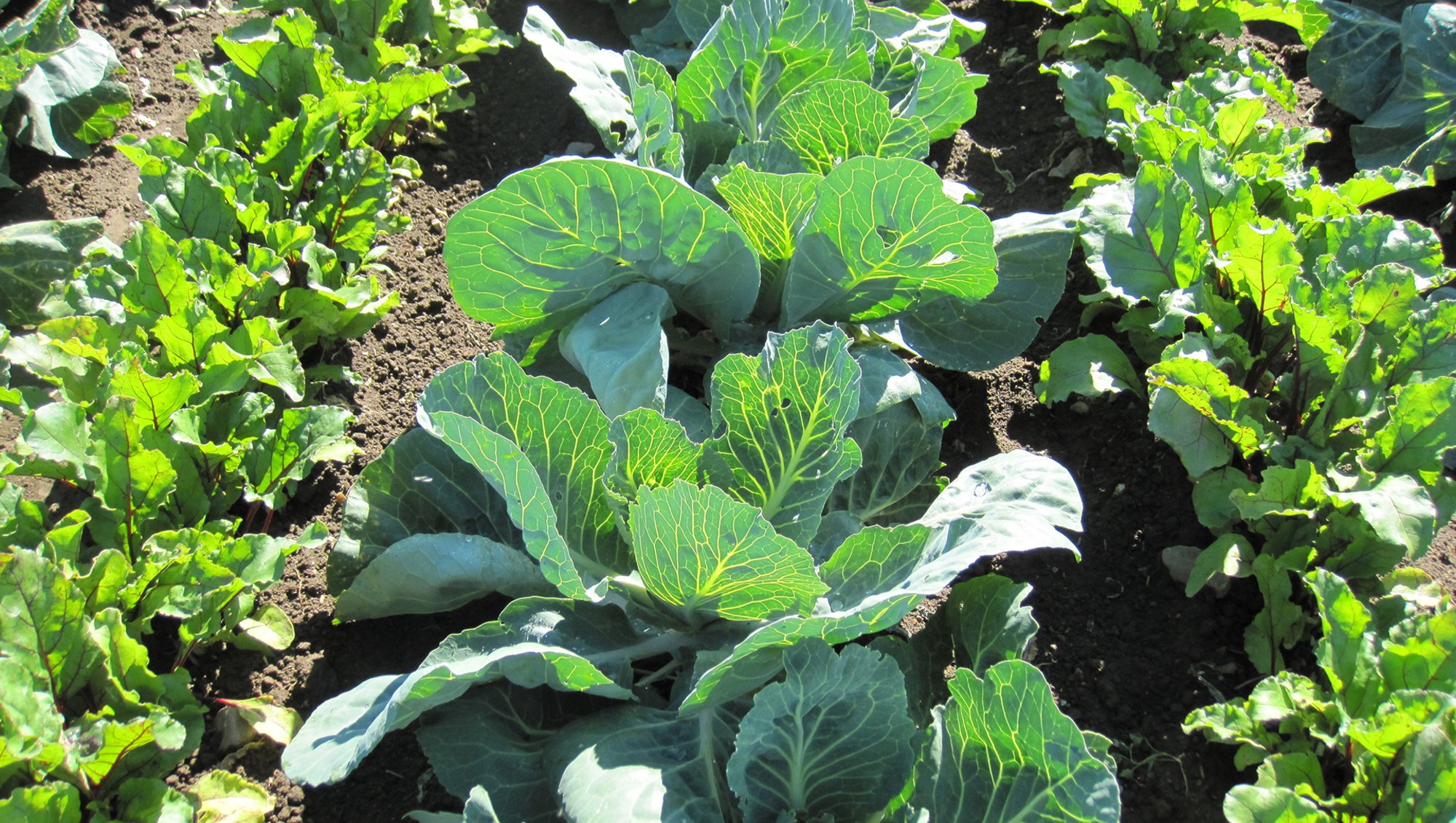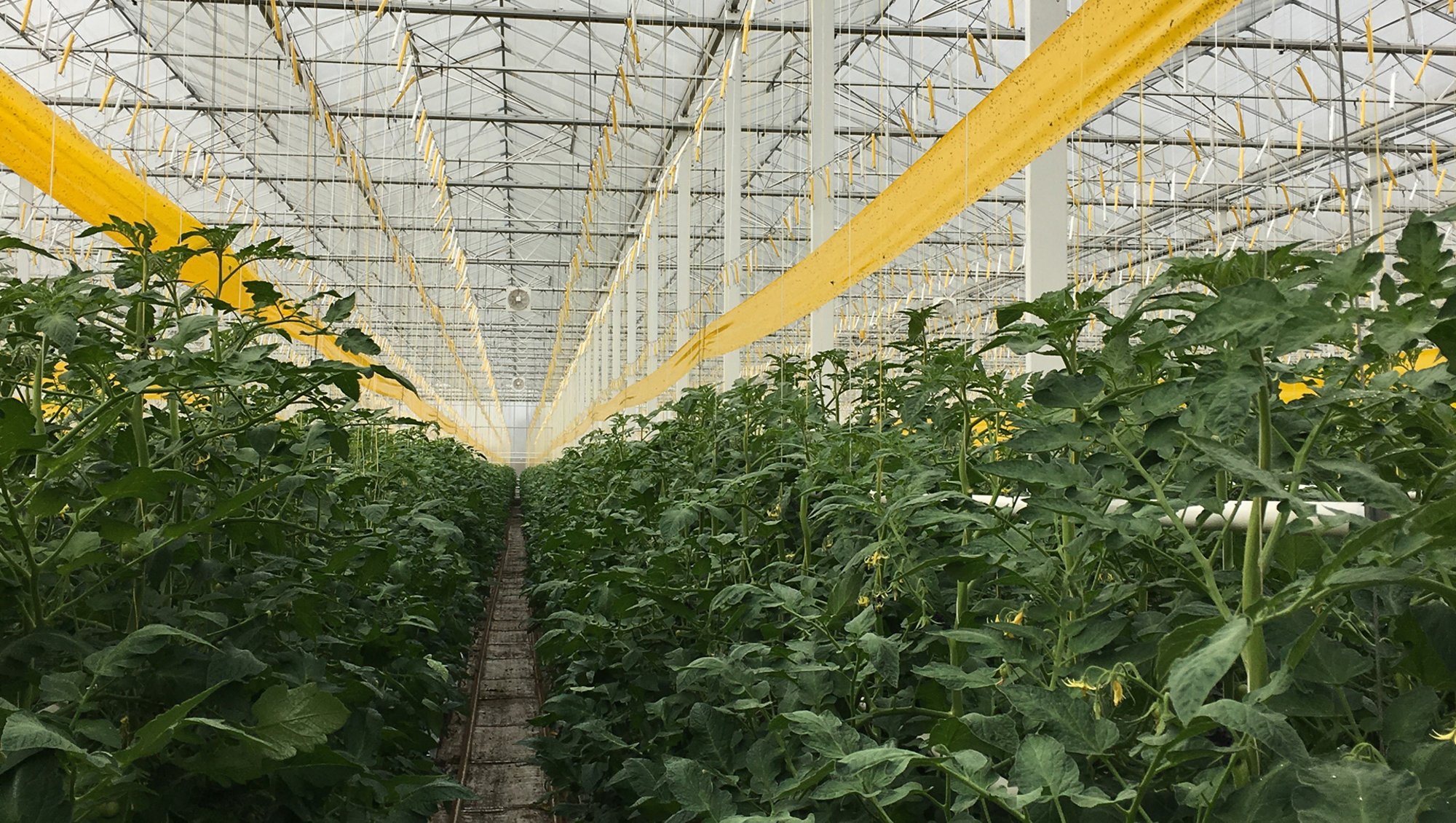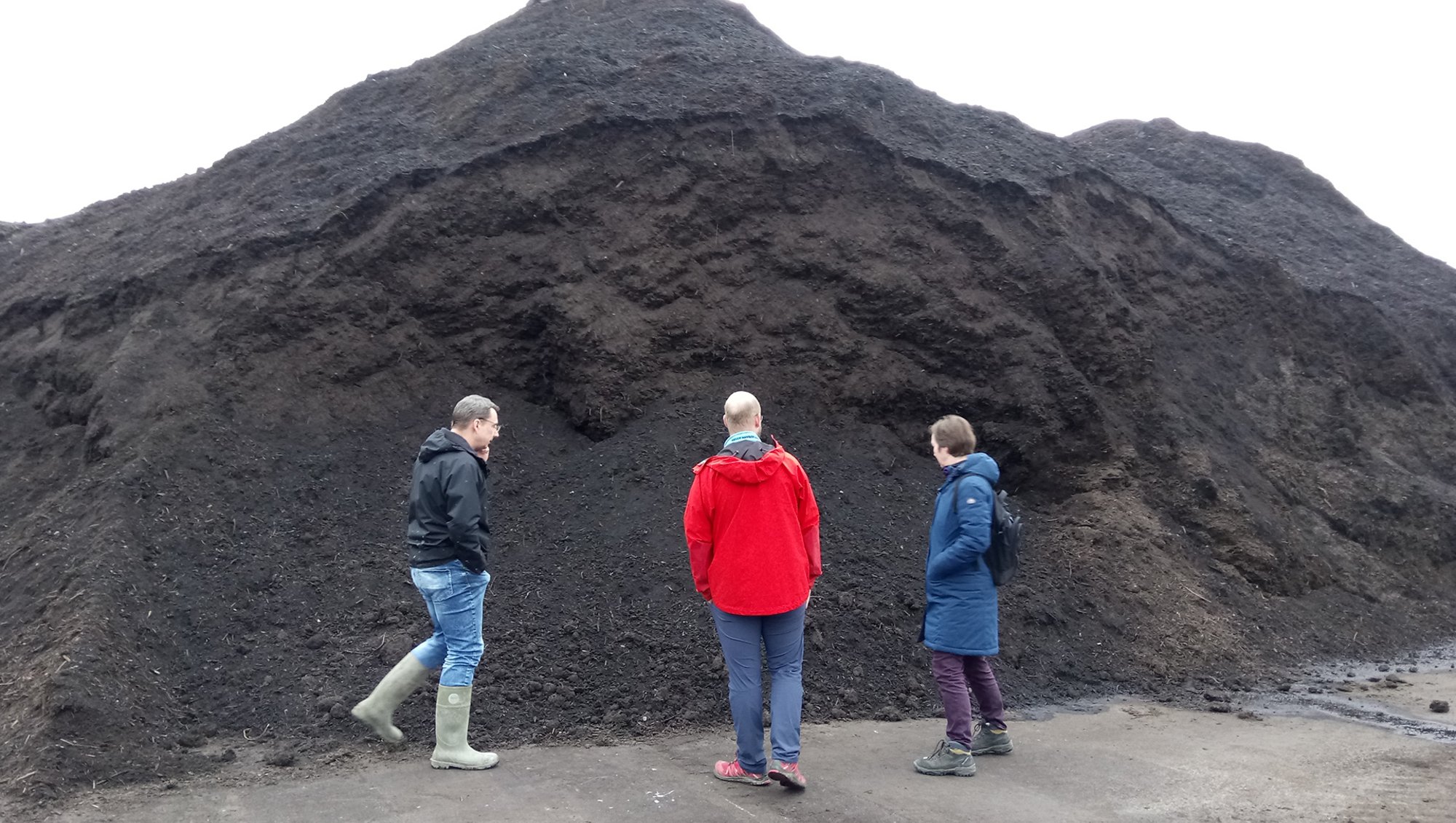ClimateVeg
ClimateVeg
- The climate and environment profile of Danish organic vegetables must be improved
The Danish demand for organic fruit and vegetables is growing significantly and has tripled in six years. It is the largest organic product line, larger than milk, cheese and eggs altogether. Vegetables are expected partly to replace animal products in the climate-friendly diets of the future, and according to the national food recommendations, vegetables must comprise a share of 2/5 of the food on the plate.
The current profile of climatic and environmental impact of Danish organic vegetables is challenged by a high risk of nitrate leaching and loss of carbon from the soil for field-grown vegetables and a high energy level for vegetables grown in protected enviroments.
The profile of climatic and environmental impact of the vegetables we eat, is therefore pivotal to obtain the highest possible reduction in greenhouse gas emissions from food production.
Purpose of the project
The Organic RDD 4-project “ClimateVeg” brings focus on the Danish organic vegetable production from fields and protected environments.
The overall goal of “ClimateVeg” is to document the profile of climatic and environmental impact of Danish organic vegetables and identify opportunities for improvement in close collaboration with large Danish organic vegetable producers.
Project period: 2019-2022
News from the project
- Artikel fra Åbent hus i Økogrøntsager, Gartner Tidende
- Åbent hus i øko-grøntsager, friland og væksthus, Forsknngscenter Årslev, 27. aug. 2020. Se program her
- I artiklen "Økologiske grøntsagers klimaaftryk skal forbedres" kan du læse mere om ClimateVeg og de relaterede projekter SureVeg og Greenresilient
- I et LinkedIn-opslag fra 8. juli 2020 kan du læse nyt om igangværende markforsøg
- I podcasten "Fra kotelet til kål" fortæller lektor Hanne Lakkenborg Kristensen om sin forskning og sit samarbejde med planteavlere om at udvikle dyrkningsmetoder, der belaster miljø, klima og biodiversitet mindre, bl.a. om arbejdet i ClimateVeg
- I et LinkedIn-opslag fra nov. 2020 kan du læse om ClimateVeg's markforsøg i Aarslev, hvor en maskine sætter "minirhizotroner" i jorden til rodundersøgelser i den nysåede vinterafgrøde (minirhizotroner er et system til at undersøge rødder i jorden, hvor et plexiglasrør nedsættes i jorden i en specifik vinkel i forhold til jordens overflade.
Project leader
Hanne Lakkenborg Kristensen
Aarhus University
Department of Food Science
Hanne.kristensen@food.au.dk
+45 87 15 83 54

